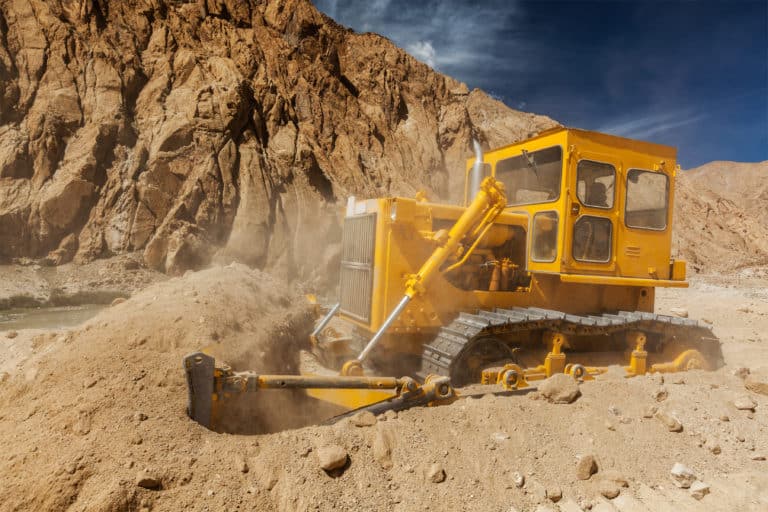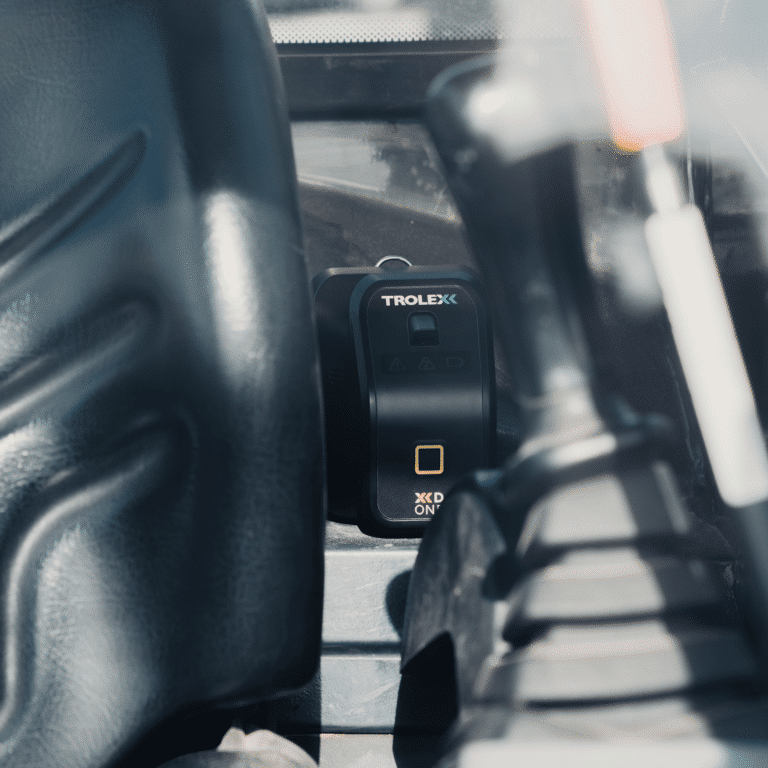A manufacturer of prestigious natural stone, Burlington Stone have quarried for over 200 years across the English Lake District, extracting and crafting a diverse range of signature British natural slate and stone products.
Individuals across their workforce are often exposed to hazardous substances, most notably airborne dust, including silica dust. Burlington Stone trialed two XD1+ devices on their site for a month to see how real-time, personal dust monitoring would improve their safety processes.
After the trial, we spoke to Health and Safety Manager, Peter Walker, about the success of the trial and some of the major benefits which Burlington Stone’s workforce found deploying XD1+ Personal Dust Monitor units in their day-to-day processes.
As any responsible employer knows – a clear threat to the health and welfare of your staff demands a clear response.
In industries such as construction, mining, tunnelling and manufacturing, the obvious risks to health posed by clouds of workplace dust can be tackled in new and different ways. Some precautions and protections include:
With more awareness of the dangers of dust inhalation, these protections become more effective as they are applied more extensively across different scenarios and environments.
However, dust monitors and other other equipment are only part of the story.
More dangerous than the dust you can see, is the dust you can’t see.
Dust can reach beyond the frontline workers benefiting from protection to threaten support and ancillary staff nearby.
An unfortunate consequence of focusing efforts solely on frontline workers is there are other members of the team who aren’t monitored and protected. Plant and equipment operators working in enclosed cabins, for example, might assume they’re safe but, with microscopic airborne hazards so hard to detect, they’re still exposed to serious amounts of risk.
This is one of the main reasons for the introduction of a new international standard for a consistent approach to designing, testing, operating, and maintaining the air-quality systems of operator enclosures – ISO 23875.
A standard that recognises and responds to the extent of the dangers caused by dust right across a working environment.

It’s a move that’s been welcomed across the board, with the Australian Mining Safety Journal and Mining Review Africa writing, ‘the new standard is likely to place a greater emphasis on the air quality inside the cabin than previously addressed.’
A recent ISO workshop run by Jeff Moredock, Lead at the ISO Working Group, advertised that the new cabin air standard will ‘Improve operator alertness, create a safer work environment and increase productivity.’
Of course, the big question is how do you properly assess the air quality in your cabin? How can you enforce a new and improved standard if you’re not able to accurately record particulate levels in real time?
This makes the introduction of new, wearable or in-cab, real-time dust monitoring technology, such as the XD ONE Portable Dust Monitor, so timely.
The XD ONE is low cost, lightweight, easy to use, easy to maintain and 5 times more accurate than other devices. It continually measures every particle from as small as 0.38 to 40 μm. By issuing every operator an XD ONE, they’re constantly reading the air quality in their immediate environment and instantly alerted to any danger.
In the past, dust monitors were large, clunky pieces of technology that needed to be placed in an area you expected to be hazardous. This was time consuming and took multiple workers to place, set-up and maintain and was inaccurate and often not in real time.
As this equipment has developed, it can now be worn by workers to monitor the dust particles in the space directly around their airways.
The XD ONE Portable Dust Monitor also delivers results in real-time, making it an important part of any safety system or process. Dust can be released at any point and isn’t always noticeable. It can also travel long distances on very slight air currents, so the more warning employees have, the better they can react.
With new regulations pushing for better safety measures and standards in hazardous workplaces and environments, you need to stay on top of everything. Your workers will also benefit, and this keeps them working for longer.
Get in touch today for more details on how the XD ONE Portable Dust Monitor can help you align with ISO Standard 23875 as well as protect workers across your whole site from the danger of microscopic airborne dust.
